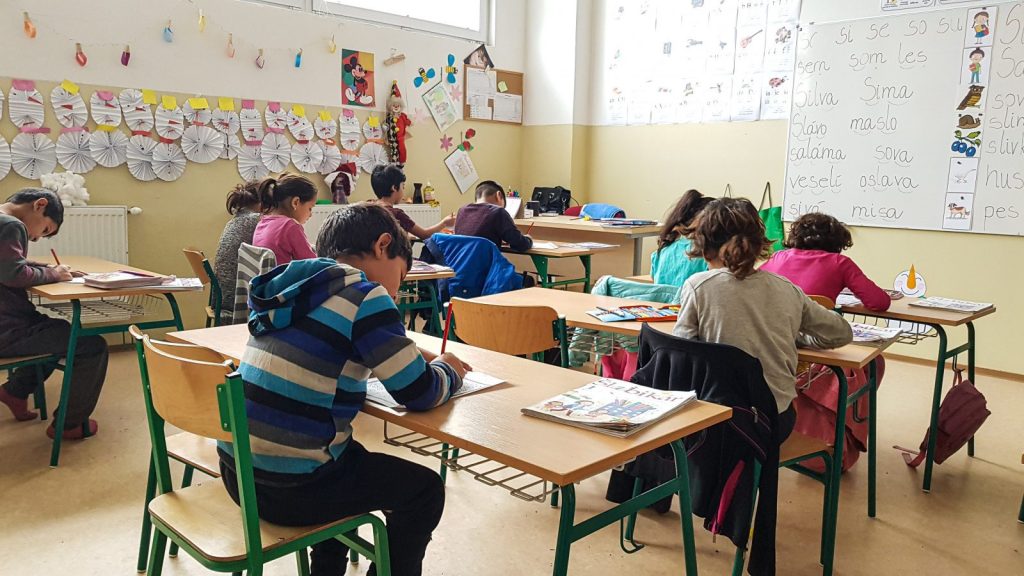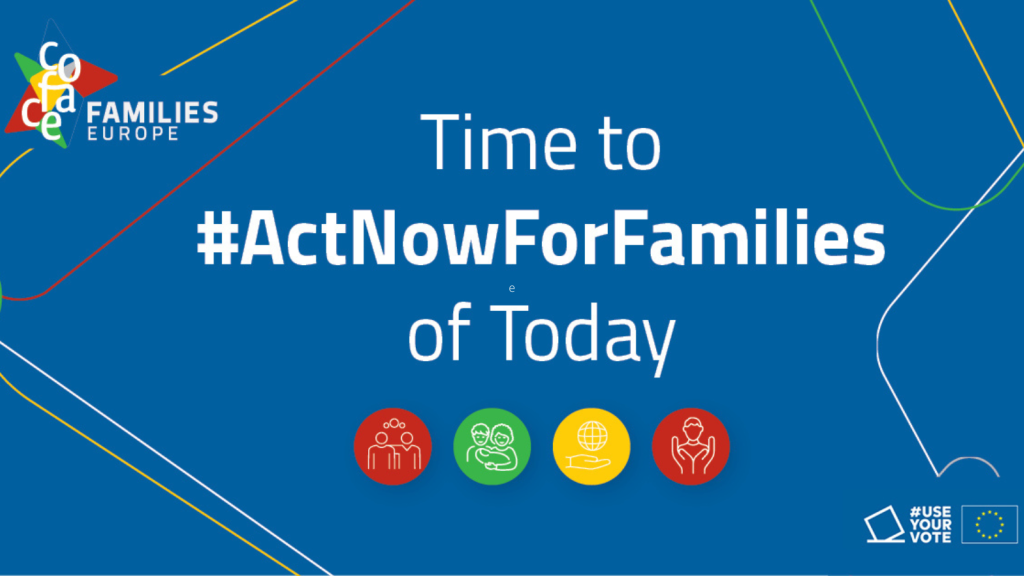Members of the European Parliament raise alarm over the addictive design features of certain digital services and call for fostering ethical design by default.
On the 25th of October 2023, the Internal Market and Consumer Protection Committee adopted a draft report (with 38 votes in favour, none against and 1 abstention) warning of the addictive nature of certain digital services, such as online games, social media, streaming services, and online marketplaces, which exploit people’s vulnerabilities to capture their attention and monetise on their data.
MEPs believe that recent rules such as the Digital Services Act (DSA) and the Artificial Intelligence Act are not enough to regulate the issue of addictive design. They urge the Commission to close existing legal gaps and present new legislation on the topic. If this is not addressed, they say, Parliament should use its right of legislative initiative.
In addition, MEPs say harmful addictive techniques not covered by the directive on Unfair Commercial Practice (e.g. infinite scroll, default auto play, constant push and read receipt notifications) should be examined and prohibited by the Commission.
MEPs want companies to be obliged to develop ethical and fair digital products and services “by design” without dark patterns, misleading, and addictive design. The Commission should put forward a digital “right not to be disturbed” and create a list of good design practices such as: “think before you share”; turning off notifications by default; chronological feeds; greyscale mode; warnings or automatic locks after a pre-set time use (in particular for minors); total screen time summaries. Education guidelines and awareness-raising campaigns should promote self-control strategies to help individuals develop safer online behaviours and healthy habits.
Read more here.





